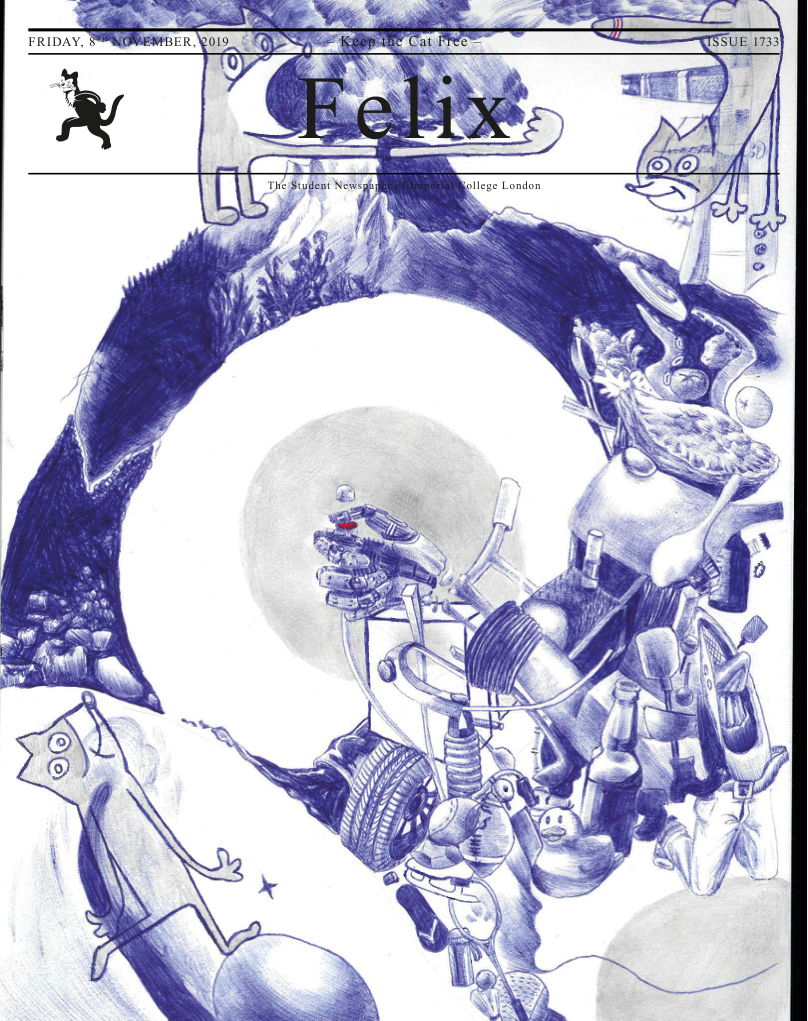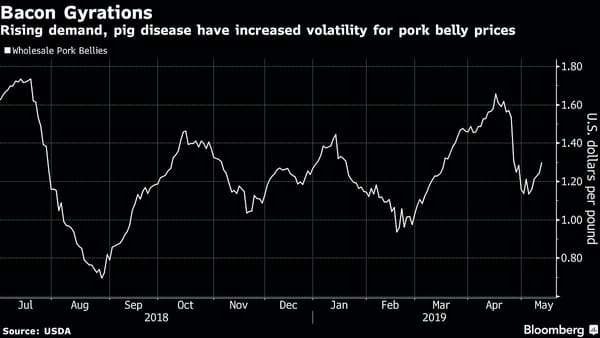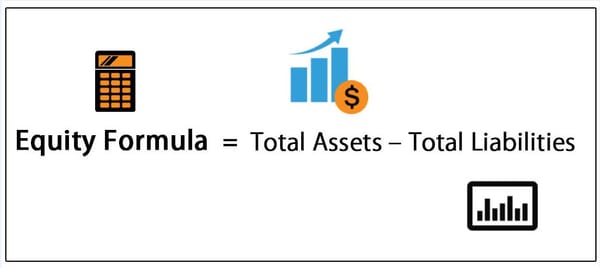A Brief Introduction to Derivatives

If you’ve flicked past all of the puzzles and literally every other section to get to Investments, well then I know you’re probably a banker w*****. All jokes asides, if any of you have read more than 3 articles on FT or spoke to a Business School student for 5 minutes, you’ve probably heard of a derivative, but what exactly are they?
Any financial product that has their value based off some underlying asset is a derivative. More formally, it’s a contract between 2 parties that states the condition for which payments are made to each party. The main types of derivatives you’ll encounter are options, swaps, futures and forwards. The figure in the article shows the common type of derivatives. I’ll spare you another 500 words of financial jargon and instead explain each one as simply as I can.
Having an Option
There are two different types of options, calls and puts. Call options give the owner the right but not the obligation to buy the underlying stock at a given price on/before a particular date. A put option is the opposite, the owner has the right to sell the underlying stock at a given price on a particular date. Let’s say you think that the price of Apple’s stock is set to rise from $250 over the next month. You go to your favourite broker and buy a call option for $50 which states that you can buy 100 Apple shares at $260 within the next 30 days. If Apple’s stock goes up to $270, then you can make $950 (100*(270-260) - 50). However, let’s say instead of going up, the stock price went down. In this case you wouldn’t exercise the call option and you’d lose $50 (the price of the option).
Fancy a Swap?
A swap is exactly what is sounds like. The simplest example is an interest rate swap. Let’s say I own a $1,000,000 investment that pays me 1% LIBOR each month (London Interbank offered rate) and you own a $1,000,000 investment that pays you a fixed rate of 1.2%. The LIBOR keeps changing in the market whereas the fixed rate is well, fixed. I don’t like the volatility of this LIBOR rate but you’re happy with the risk as you have a chance of receiving higher payments. So essentially, we just swap.
Forwards and Futures
A future is an agreement between parties to buy or sell an asset at a certain time in the future for a specific price. For example, if you plan to grow 1000 bushels of what next year, you could grow the wheat and then sell it for whatever the trading price is. You could also lock in a price now by selling a futures contract that states that you must sell 1000 bushels for a fixed price. Doing this means you eliminate the risk of a drop in wheat prices. However, if the price of wheat goes up, you will lose out on the potential gains. Now imagine you’re bread manufacturer and you think the price of wheat is set to rise; you could buy a futures contract to fix the price of the wheat to control your costs. If it does rise, you’ll only pay what the futures contract stated. All these trades happen via a central exchange.
A forward is quite like a future with the only difference being that forwards are not traded on an exchange but on an OTC (over the counter) market. It is therefore not regulated which means it involves some amount of risk. It’s possible that either the buyer or seller in the contract is not able to pay the amount due in which case, they don’t have to pay the money back. More risk = better prices.
These are the main types of derivatives; you can however get more exotic derivatives with more complicated payoff structures, but that’s for another time. You now probably know enough to not sound like a complete nonce when asked about derivatives in an interview.









